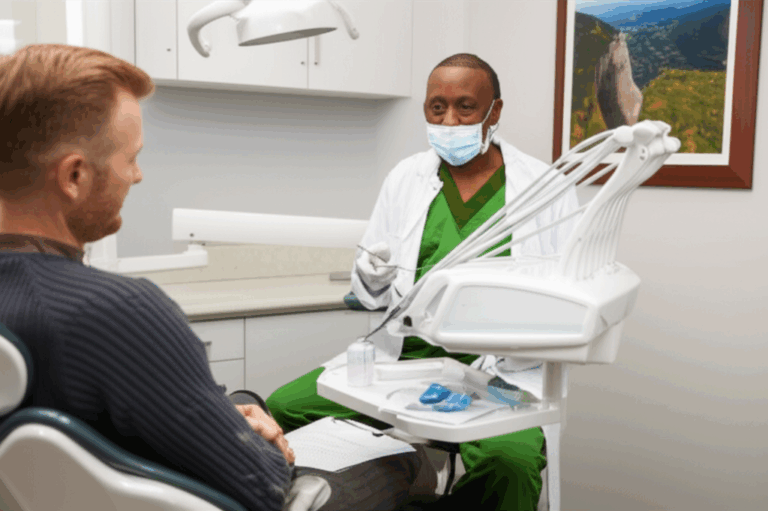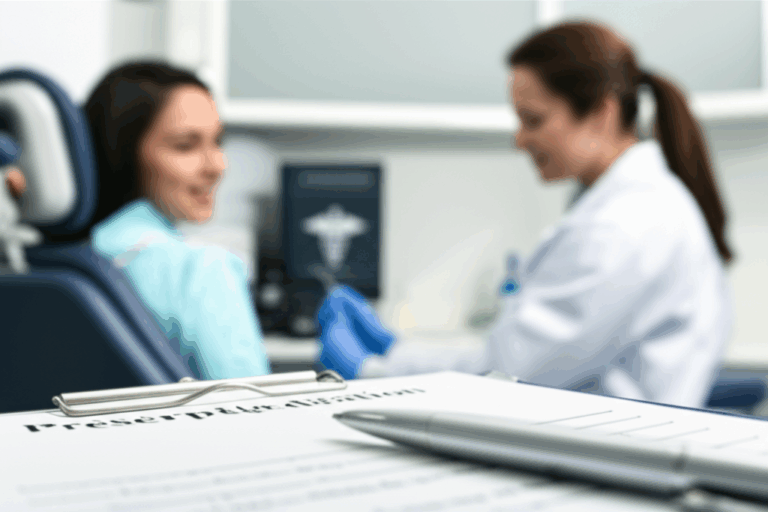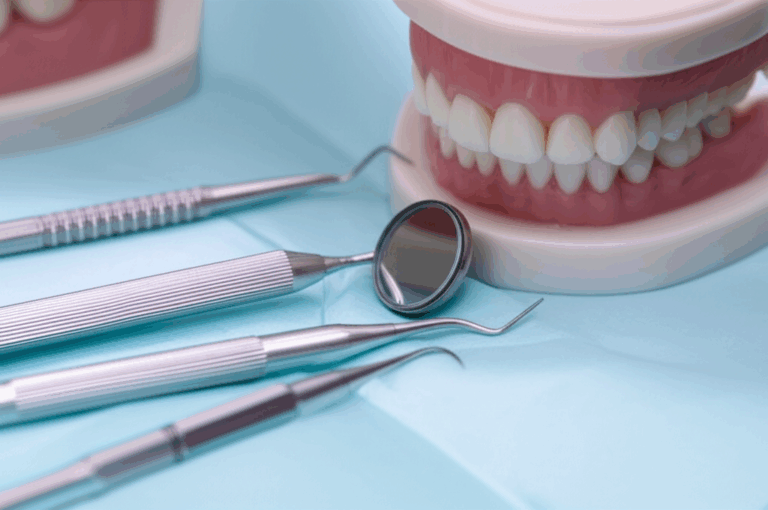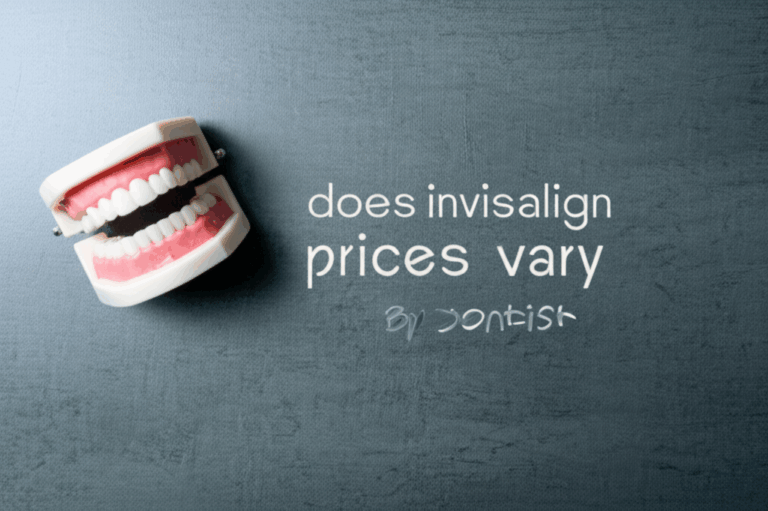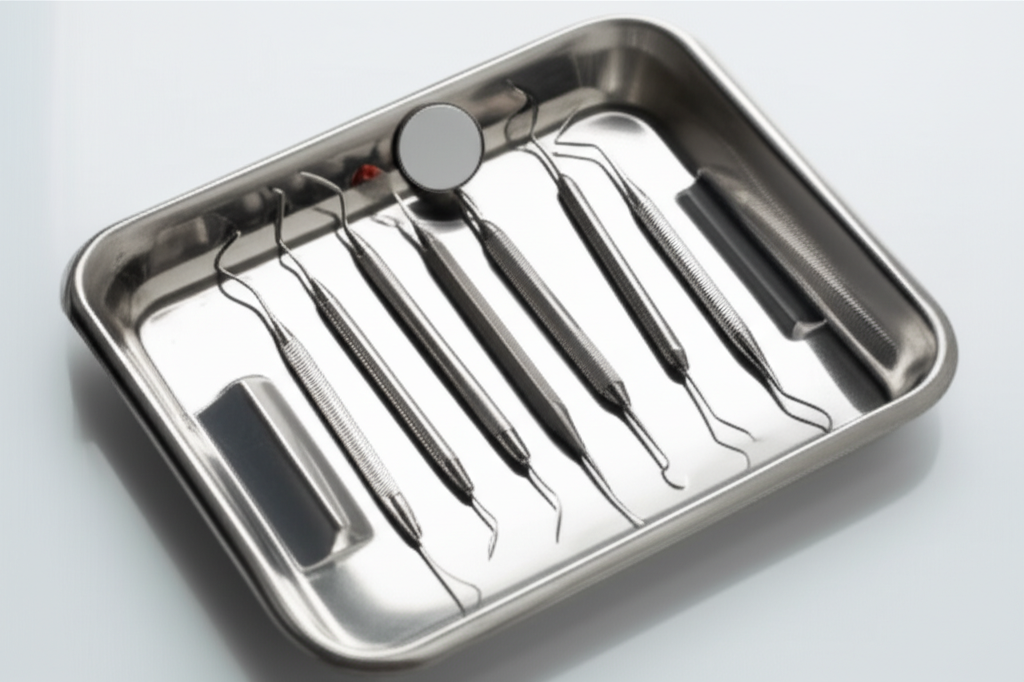
What is a DMD Dentist? Understanding the Doctor of Dental Medicine Degree
If you’ve ever wondered what a DMD dentist is, you’re not alone. Whether you saw those three little letters after your dentist’s name or you’re thinking about a job in dentistry, it’s good to know what they mean. This article explains what “DMD” stands for, compares it to DDS, tells how someone becomes a DMD dentist, and shows why you can trust a DMD with your teeth. We use easy words and share examples so you can get dental degrees—even if you’re not a dentist!
Table of Contents
1. Introduction: Why Does “DMD Dentist” Matter?
Let’s be honest—dental degrees can be confusing. You go to your local dental office, and the dentist’s office sign says “Jane Smith, DMD.” You might think, What does DMD mean? Does it matter for my teeth? You’re not the only one.
Most people want to know if a DMD dentist is just as good as a DDS dentist. Some students and parents want to know how to become a dentist. Others just want to feel safe at their dental visit. That’s why knowing what “DMD” means matters—it helps you trust your dentist and the work they do.
2. What Does DMD Stand For?
DMD means Doctor of Dental Medicine. It’s a title you get after finishing dental school and passing hard tests. The name comes from the Latin Dentariae Medicinae Doctor. But don’t worry about the fancy words. In simple words, a DMD is a dentist trained to take care of your teeth, gums, and mouth.
Why Do Some Schools Use DMD?
Here’s a cool fact: the first DMD degree was given by Harvard. Harvard liked to use Latin for their degrees, so they called it “Doctor of Dental Medicine” instead of “Doctor of Dental Surgery,” which is DDS. Today, about one out of every three U.S. dental schools give the DMD degree, while the others use DDS. But both mean you are a real dentist.
3. What Is the Difference Between DMD and DDS?
Here’s what everyone wants to know: Are DMD and DDS dentists different?
Simple answer: There’s no big difference.
Both DMD and DDS dentists:
- Go to real dental schools
- Learn the same things
- Take the same exams
- Get the same license
- Fix the same stuff—like cavities, gum troubles, or chipped teeth
It’s kind of like some folks call it “soda” and others call it “pop.” Two words, same drink! As the American Dental Association says, it just depends on the school which name is used.
Table: DMD vs DDS at a Glance
| Feature | DMD | DDS |
|---|---|---|
| Full Name | Doctor of Dental Medicine | Doctor of Dental Surgery |
| Same Schooling? | Yes | Yes |
| Same License? | Yes | Yes |
| Difference in Patient Care? | No | No |
Source: American Dental Association (ADA)
So, don’t worry if your dentist’s degree says DMD or DDS. Both are real dentists.
4. What Can a DMD Dentist Do?
A DMD dentist is a doctor for your mouth. But what can they actually do? Here’s a list:
General Dentistry
Most DMD dentists start as general dentists. They:
- Check for cavities and gum problems
- Show you how to brush and floss
- Clean your teeth
- Take X-rays
- Fill cavities
- Fix broken teeth with crowns and bridges
- Pull teeth that hurt or cause problems
- Whiten your smile
- Make guards for sports or teeth grinding
For example, if you chip a tooth playing soccer, a DMD can fix it. If your tooth hurts, a DMD will find out why and help you.
Specialty Care
Sometimes, your DMD dentist needs help from a specialist. If you need braces, root canals, or surgery, they’ll send you to an expert in:
- Braces (Orthodontics)
- Root canals (Endodontics)
- Dentures and implants (Prosthodontics)
- Surgery (Oral surgery)
- Kids’ teeth (Pediatric dentistry)
No matter what, your DMD dentist helps guide you the whole way.
5. How Do You Become a DMD Dentist?
Becoming a DMD takes a lot of work and time. Here are the steps:
College Comes First
First, future dentists finish four years of college—usually studying science, like biology.
The DAT Test
Next comes the Dental Admissions Test (DAT). It’s a hard test about science, math, and reading. Only good scores get you into dental school.
Dental School: Four More Years
Dental school is another four years. Students learn about teeth and practice on fake teeth and real people, always with teachers watching.
A Look Inside Dental School
Here’s how it goes:
- First two years: Classes and hands-on practice on models.
- Last two years: Helping real patients in the clinic.
Dr. Joe Dental, a DMD, says, “I learned everything from filling my first fake tooth to helping people feel at ease in the dental chair.”
Getting Licensed
After school, you need to pass tough written and hands-on tests before you get your license. Most dentists keep learning new things with extra courses.
Extra Training (Optional)
About half of DMD dentists do more training. They might:
- Join a residency in a hospital
- Learn a specialty like braces or surgery
- Train in places like the china dental lab to keep up with new tools
6. Where Do DMD Dentists Work?
Once they’re trained, DMD dentists can work in lots of places:
- Private office: Working alone or with other dentists.
- Big dental offices: Like clinics in malls or busy areas.
- Hospitals: Helping patients with special health needs.
- Research: Learning better ways to care for teeth.
- Teaching: Training new dentists.
- Military: Keeping soldiers’ teeth healthy.
- Public health: Bringing dental help to schools or small towns.
Some DMD dentists visit digital dental lab partners to learn about new dental tools. Others help design strong new crowns and bridges.
7. Can You Trust a DMD Dentist with Your Smile?
This is the big question—can you trust a DMD? You want to know your dentist is trained well.
Don’t worry: A DMD dentist meets the same tough rules as any DDS. Their schools are checked by the Commission on Dental Accreditation. They keep learning to help their patients. They care about you—not just your teeth.
Going to a DMD dentist is like seeing a great car mechanic who uses good parts and checks every detail, not just what’s easy to see.
So, if your dentist’s license says “DMD,” you’re in good hands.
8. Real Stories: Meeting Dr. Joe, a DMD Dentist
Let’s talk about Dr. Joe Dental. Dr. Joe wanted to be a dentist to help people smile. He worked hard in college and dental school and became a DMD.
One day, a young boy came to Dr. Joe’s office with a broken front tooth. He was shy and didn’t want to smile at school. Dr. Joe used his training and special tools from the crown and bridge lab to fix the tooth like new. The boy left happy, ready for school pictures.
Dr. Joe says, “A DMD dentist is trained to give people the care they need. We want to help you feel good about your smile, whether we’re cleaning teeth, fixing chips, or making a new crown fit right.”
9. How Does a DMD Dentist Work with Dental Labs?
Behind every good crown or nice-looking bridge, a team works together. Dentists work closely with dental labs.
For example, if you need a new crown, your DMD might work with a dental ceramics lab to make the new tooth look natural and match your real teeth. If you need new teeth, the removable denture lab can build comfortable dentures for you.
Dental labs and dentists are a team—one makes, the other fits. That’s how you get strong, good-looking teeth that work.
10. Frequently Asked Questions About DMD Dentists
Q: Is a DMD dentist the real deal or just a title?
A: 100% real! DMD dentists are fully trained and licensed. They pass all the same hard exams as any DDS dentist.
Q: Do DMD dentists make less money than DDS dentists?
A: No. Both make about the same. It depends more on their job and location.
Q: Can a DMD do fillings, braces, and crowns?
A: Yes! DMD dentists are taught all those things and can send you to specialists if needed.
Q: How long does it take to become a DMD dentist?
A: Usually 8 years (4 years college plus 4 years dental school), sometimes longer for special training.
Q: Are DMD and DDS accepted outside the USA?
A: Many countries have their own dental degrees, but DMD and DDS are both trusted and accepted in places with good health systems.
11. Bullet Point Summary: Key Takeaways
- DMD means Doctor of Dental Medicine—a fully trained dentist.
- DDS and DMD are the same. Same school, tests, and skills.
- DMD dentists can help with any dental needs: checkups, fillings, crowns, and more.
- Becoming a DMD dentist takes years: college, dental school, tests, and sometimes extra training.
- You can trust a DMD to keep your teeth healthy and clean.
- Dental labs like china dental lab and dental ceramics labs make strong crowns, bridges, and dentures for patients.
- Dr. Joe Dental, DMD, and many more work every day to help people smile with confidence.
Checked for facts by Dr. Joe Dental, DMD. For more info, ask your dentist or visit sites like the American Dental Association.

